Oral Exam will be cover these categories:
1. Knowing some good websites for trustworthy information
2. Knowing what Green Chemistry is.
3. Knowing how one can be fooled by a con artist.
4. Judging the validity of information.
5. Knowing what areas that often contain misinformation and bogus products.

In general, what Web sites can you trust more than the average?
Answer: Those that end in:
.gov (usually federal government agencies but can be local governments)
.edu (educational institutions)
Some cities use ".org" but don't trust all ".org" sites. Some are legitimate organizations, but others can be run by one person.
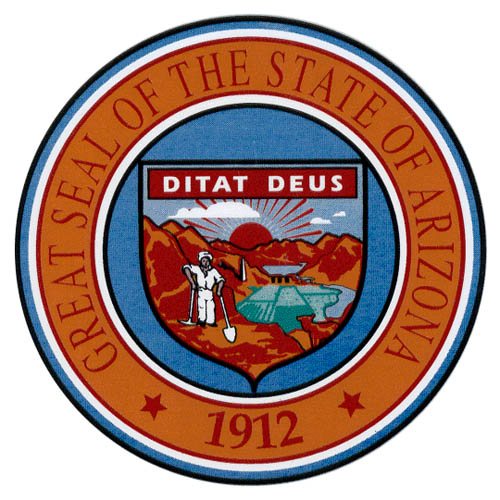
Why would those mentioned above be more trustworthy?
Answer: These sites have more oversight. It's usually not just one person's opinion. If it is, then there's usually someone else that has evaluated the information. Also, these sites are not normally trying to sell something that could slant their information.
Also, these sites aren't just put up quickly and may be taken down quickly.

What two federal government agencies are useful for information
on health?
Answer: U.S. Department on Health & Human Services and the National
Institutes of Health
What are their Web addresses?
Answer: www.hhs.gov and www.nih.gov
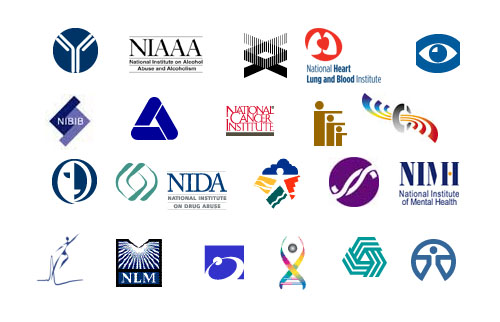
How many institutes are covered under the National Institutes
of Health?
Answer: 27.
Name five of those institutes.

How do you search for information in a large website such as NIH?
Answer: Use the Search feature on the home page of NIH or on the home page of the specific institute.

The www.nih.gov site has access to a great deal of health related information. For example, I was at a dry cleaners by the college and the fumes were overwhelming. I told the worker there, that she needed to get out for fresh air. Dry cleaner solution is very toxic. At the www.nih.gov site you can do a search for "dry cleaners" and one article found said perchloroethylene (PERC) was the main ingredient in dry cleaning solution. It also said, "Short term exposure to PERC can cause adverse health effects on the nervous system that range from dizziness, fatigue, headaches, sweating, and unconsciousness."
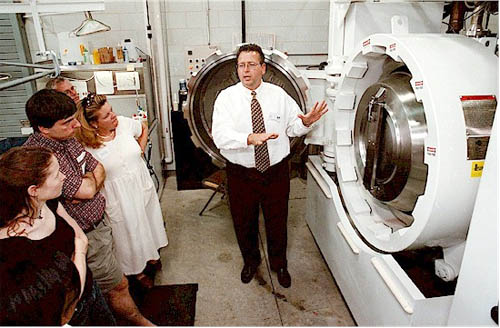
In a course like this we can't skip over the concept of Green Chemistry. Your answer to the question would be: "Green chemistry basically means finding safer chemicals and safer ways of doing things. It also does this without costing more. So it's good for companies and for the environment." Here's an example. "Dry cleaners use a chemical called perchloroethylene, which is toxic. They now have a washer that uses liquified carbon dioxide that will do the job cheaper and safer."
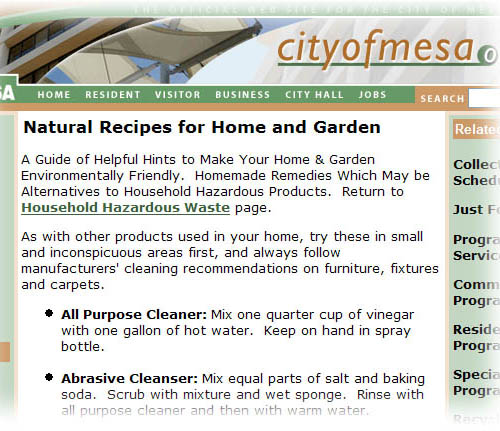
The City of Mesa has a nice Web page that lists some natural recipes that can replace the not environmentally friendly household chemicals that you normally use. This is another example of green chemistry.
Visit this web page and tell me three of their green substitutes that you would like to use.


Answer: U.S. Department of Energy.
What is their website address?
Answer: www.doe.gov
On the left side of screen is Quick Clicks column. Find "In Your State" and choose Arizona. What's the latest news story regarding DOE and Arizona?
What federal agency is focused on protecting the environment? Answer: The Environmental Protection Agency. What is their website address? Answer: www.epa.gov

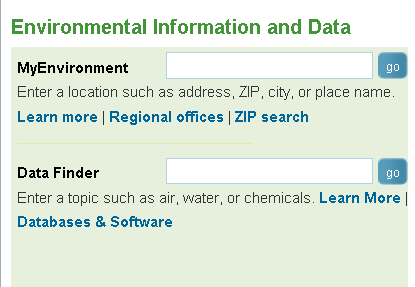
Let's say outside your home you smell fumes. You know you live near some businesses that might be the source. Where could you go on the Web that lists businesses that handle hazardous wastes?
Answer: I'd go to www.epa.gov and look for the "MyEnvironment" textbox (bottom middle), and type in your zip code. That will take you to a map that shows various places in your area that report to the EPA. Below that map are sections called MyAir, MyHealth, MyWater, and MyLand. They all have a wealth of data.
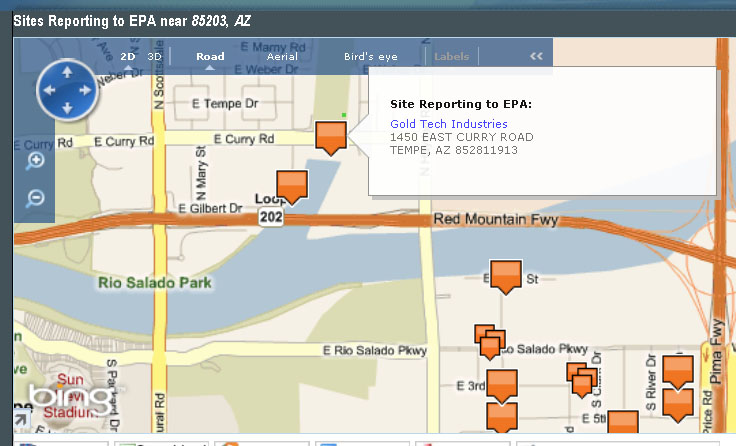


The U.S. Department of the Interior is the primary U.S. agency for conservation. It is involved with many aspects of the environment and also manages the national parks. Question: Where do you go to see Web cams of Yellowstone, Grand Canyon and other national parks, and read information about the water crisis in Arizona and other western states?
Answer: www.doi.gov

Enjoy the magic of the moment, but don't get burned by it.
Remember the approach of the con artist who utilizes the tricks of a magician.
1. They know what their audience wants.
2. They unveil what their audience wants
a. The more "magical" it is the better.
b. They use all the tricks covered in tutorial A2 plus
more (know 5 of those).
3. They expect you to react accordingly. (You will like what is presented,
you will believe it, and you will buy it)
4. They also expect you to not ask questions and that you are not
watching closely.
Your defense is to know the tricks, be skeptical, ask questions, and watch closely.

Judging
the validity of information: A
lot of information tries to look and sound official, scientific, or
humanitarian, but on closer inspection you begin to see things that
make you wonder. Give five clues that make you suspicious of the information
on Web site or anywhere for that matter?
Answers (cues that make you suspicious
are):
1. The use of technobabble (technical descriptions that are meaningless
and have no basis in real science)
2. Fantastic claims (When things sound too good to be true, then they probably aren't true.)
3. Something is being sold (when money is at stake, there is more incentive to be deceptive)
4. Scare tactics (sites that seem to dwell on danger and fear)
5. Non-balanced discussion (When only one side is presented, then someone is probably biased and the whole truth isn't told)

The validity of fantastic stories can be checked out at this mythbuster site:
A good site for well researched information on many health and environmental issues is the Green Facts website. What's nice is that they give both an overview and more in depth information.

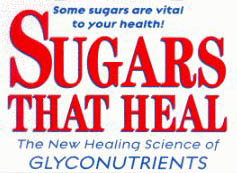



Below are areas that have a high percentage of misinformation and bogus products.
MAGNETS: Anything that deals with the power of magnets should be suspect. This is especially true in these areas: fuel economy, healing of any kind, and water softening.
FUEL/MILEAGE BOOSTERS: Anything that claims to increase fuel economy by some high percent (20% or more) is probably bogus.
ENERGY: Anything that talks about free energy is suspicious unless there's some clear source such as solar or wind.
FILTERS: Any mention of water "conditioning" is bad. Even legitimate products are often overrated.
FOOD/NUTRITIONAL SUPPLEMENTS and HEALTH PRODUCTS: Many of these are poorly regulated and unscrupulous companies can really take advantage of your sickness or poor health.
BEAUTY and WEIGHT LOSS PRODUCTS: Most take too long to see results. By the time you realize that, the company is no longer in business or ignores you.
ANY POPULAR ITEM: Anything that is selling well will attract con artists to sell fakes or simply take money and not deliver.
ANY HOT TOPIC: For example, right after Katrina, all kinds of bogus products came out to "help" people survive.